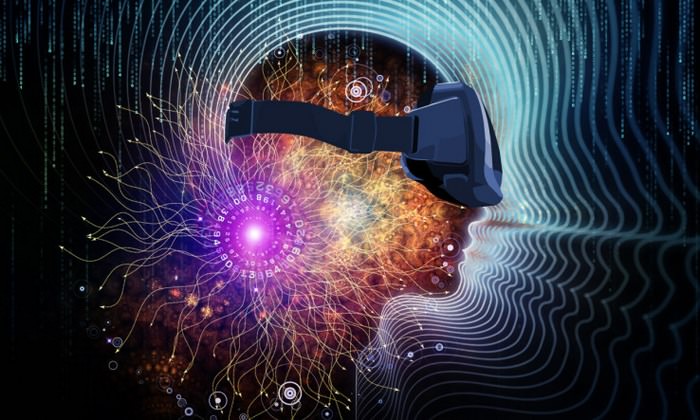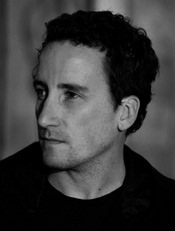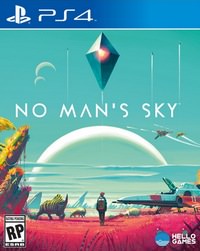Will Virtual Reality Trump Lucid Dreams?

As technology continues to move us towards more immersive dreamlike experiences, one can only wonder what digital wonders lay just beyond the horizon of tomorrow.
We may also question just how the future of virtual reality will impact the study and practice of lucid dreaming. Are we, perhaps, the last generation to whom lucid dreaming will maintain an appeal? Will our descendants forgo the challenges faced in attaining lucidity in favour of effortless virtual worlds?
I expect this may be the case for many, however, one fact should keep the flame of lucidity alight, in spite of the growing competition from ever improving digital alternatives:
Dreams, unlike man-made simulations, are a natural phenomenon replete with the inherent mysteries of our universe and the unknown.
Our digital worlds are crafted in code, born from man's imagination but limited by a predefined structure. In any software simulation - all that can be known, experienced or discovered within it, already exists. It has already been decided upon and programmed.
Exceptions to this exist, such as the procedurally generated universe of games such as No Man's Sky, but these mathematically generated variations are still constrained by the choices of its human creators.
The dream world, like our universe, contains mysteries that are unknown to any human - true discoveries lay awaiting us. Our dreams have no author beyond the enigmatic workings of our mind, nature and our individuality. Dreams are the ultimate sandbox, one that develops and morphs according to its own nature - programmed not by man, but through the same processes that gave birth to mankind itself.
Whatever the future holds, we now live in exciting times. We are witness to the birth of humanity's first steps into the creation of virtual worlds and experiences - the advent of a true form of 'shared dreaming'. At the same time, we still have a strong motivation to explore our innate, private biological virtual reality - lucid dreaming.
Lucid Dreaming in a Virtual Reality World
The future is bright for dreamers. Our universe is becoming infinitely larger. New worlds will be spawned not only within our dreams, but in our waking technologies also.
Indeed, it's possible that as we become more at home within our digital virtual worlds, our species may become more inclined to question reality itself. And, perhaps, a side effect of virtual reality will be an increased proclivity towards lucid dreaming. As we already know, those who regularly question reality are inclined to awareness within their dreams.
If nothing else, it is certain that there will be a creative flow between the world of dreams and our virtual worlds. Dreams will undoubtedly inspire virtual artists and, in turn, virtual experiences will offer our minds a unique feast of experiences with which to build new dreams.
It would seem that dreaming is such a profound aspect of humanity that we have been compelled to create technologies that allow us to 'dream' even while we are awake. It is without doubt that with the birth of virtual reality we now stand at the precipice of a new age of human experience. I believe that if we retain a respect for the strengths and weaknesses of both our biological and technological virtual worlds, and if we develop a mutual and creative relationship between them - that humanity has a very exciting and adventurous future ahead of us.
The following 360 video, where you can guide your own viewpoint, is a wonderful taster of what the future of virtual experiences may hold, especially their ability to bring education and the impossible to life.
(It’s best viewed on a phone, or better still, using a virtual reality viewer such as google cardboard. It makes for great lucidity inspiration too!)
About The Guest Author

Daniel Love is a British lucid dreaming expert, whose goal is to share lucid dreaming in an honest and thoughtful manner. His motto is that we become "lucid about lucidity" and he aims to dispel some of the myths and misunderstandings surrounding the subject, with the hope that it will help bring the wonders and benefits of lucid dreaming to a wider audience.
To hear more, see my interview with Daniel Love and check out his book Are You Dreaming? on Amazon. You can read my full review here.

















